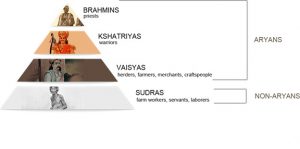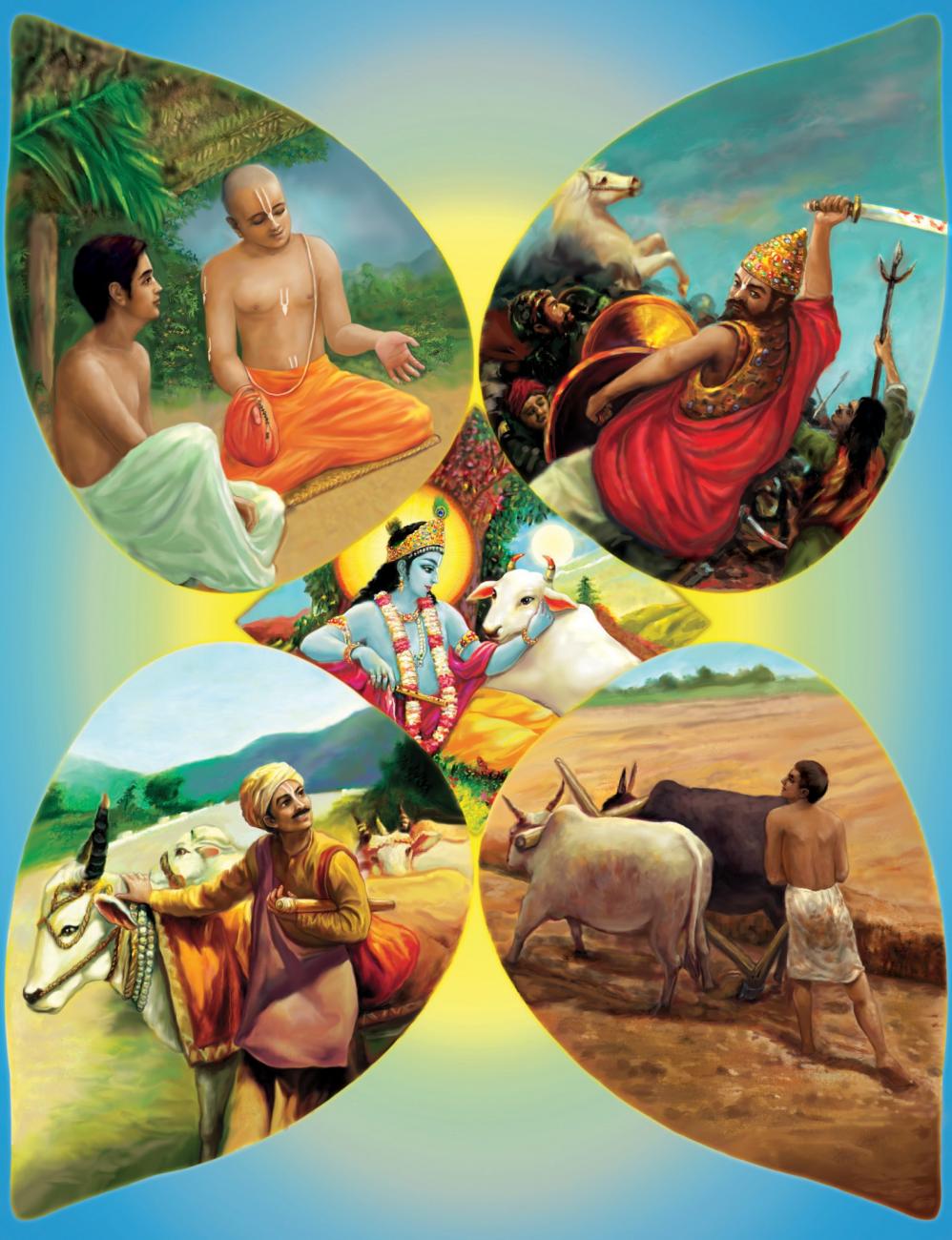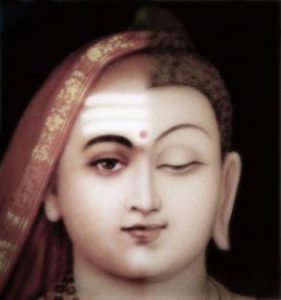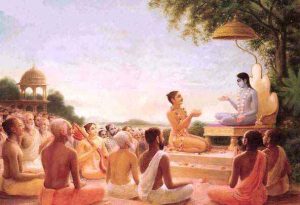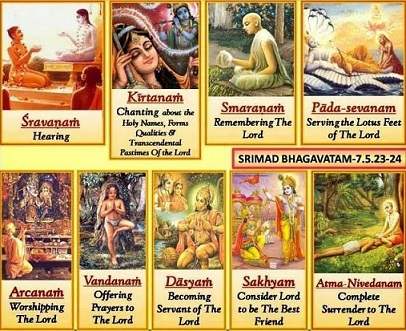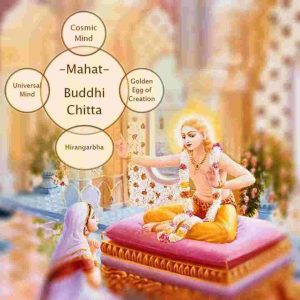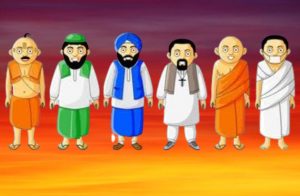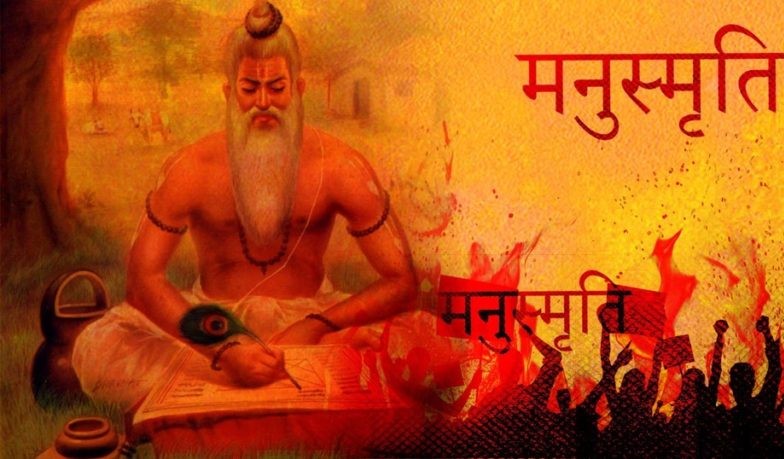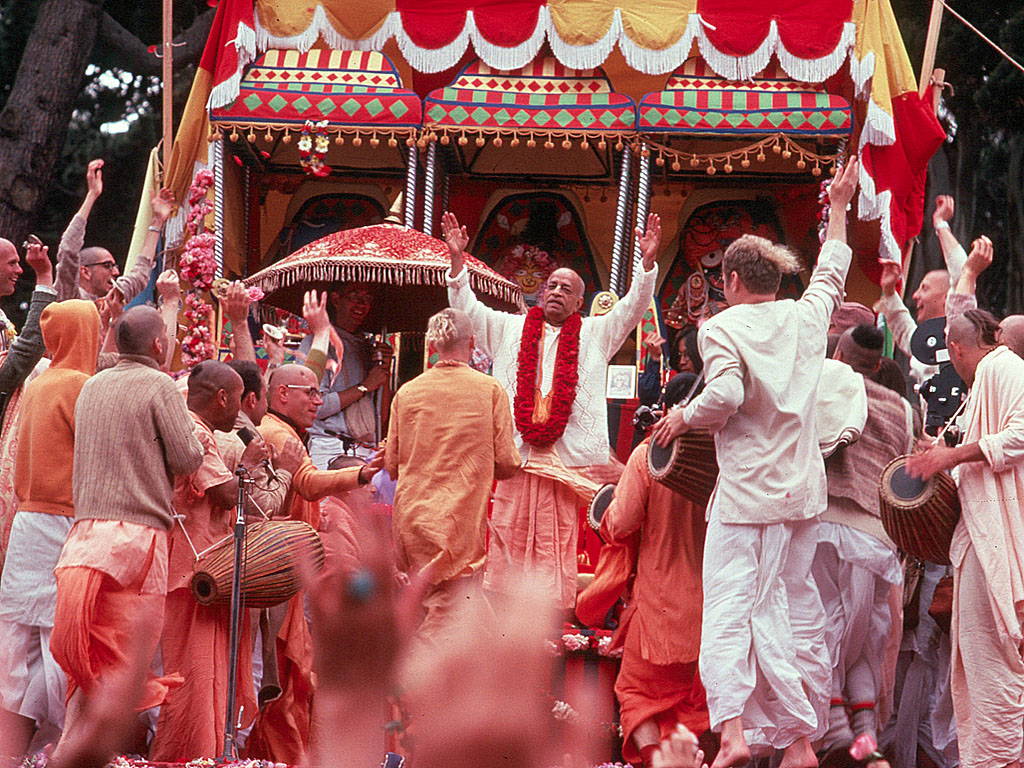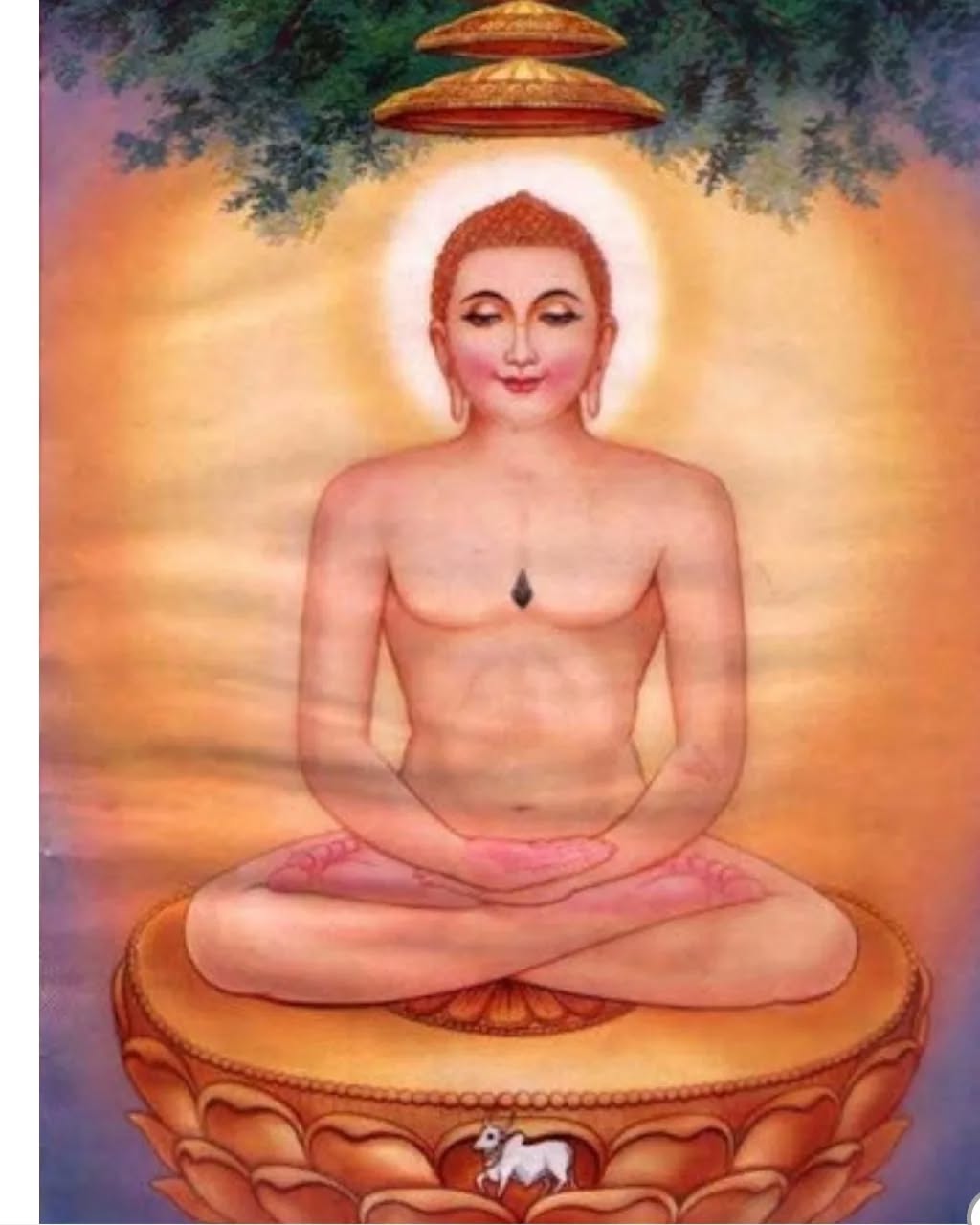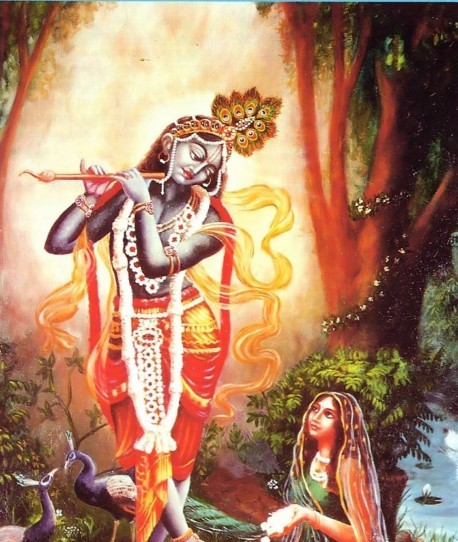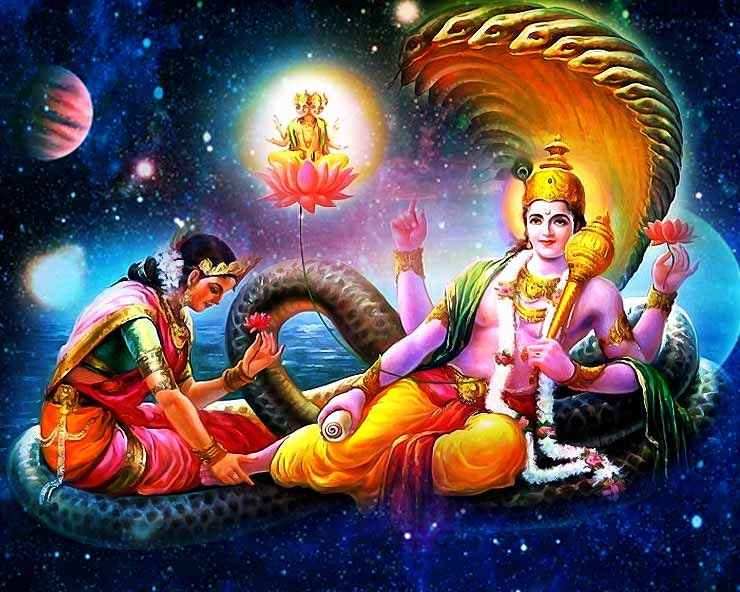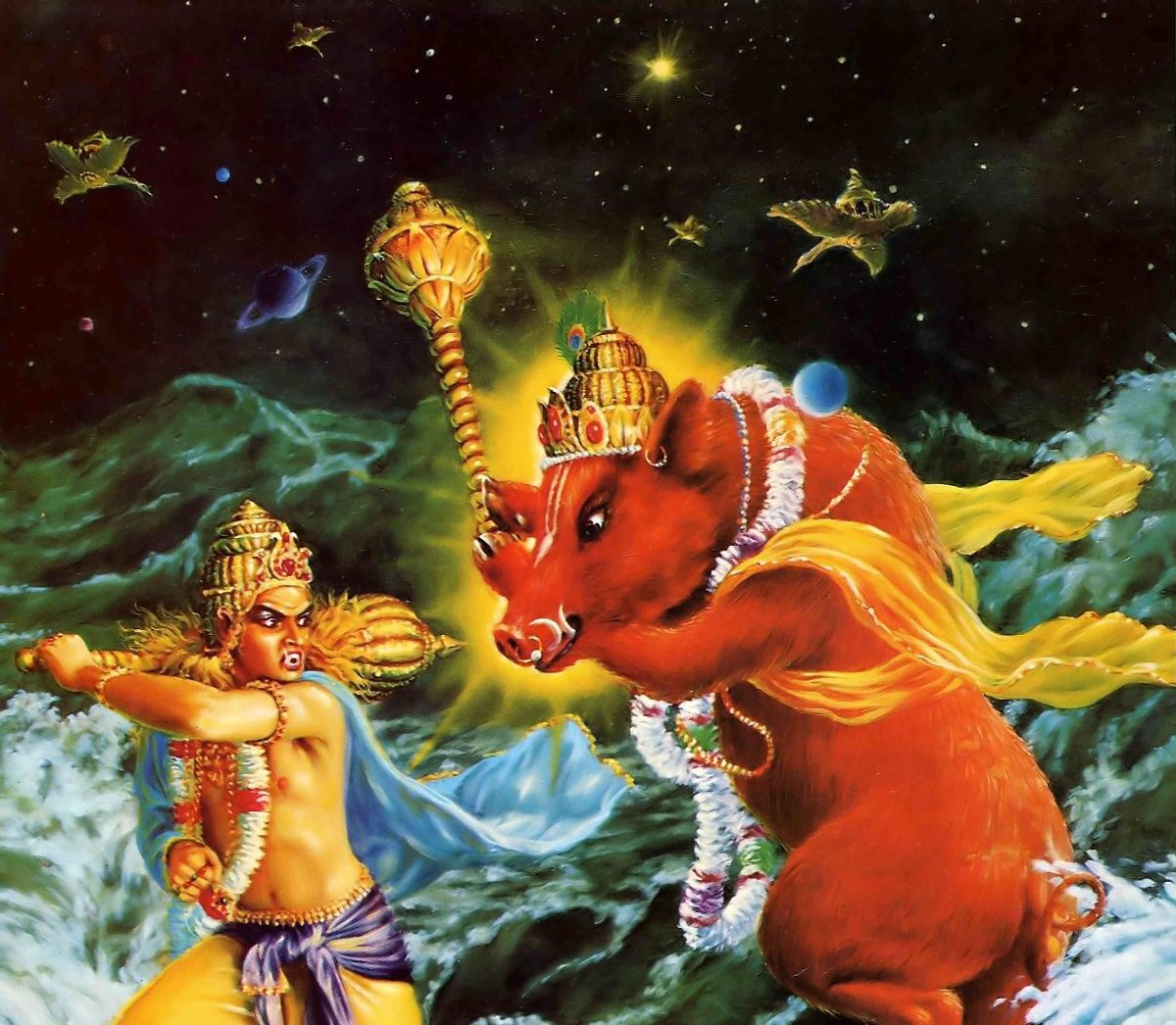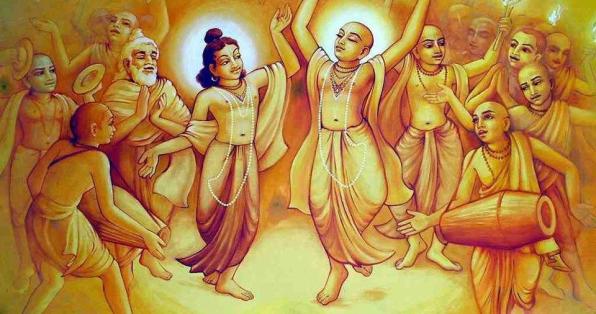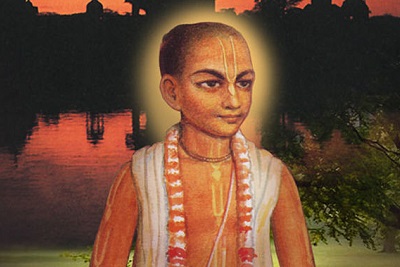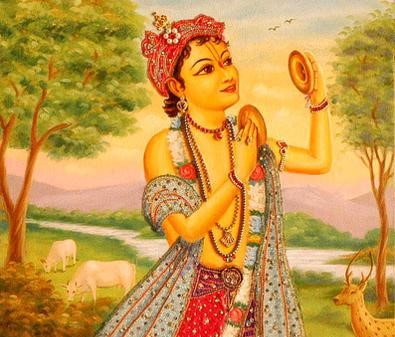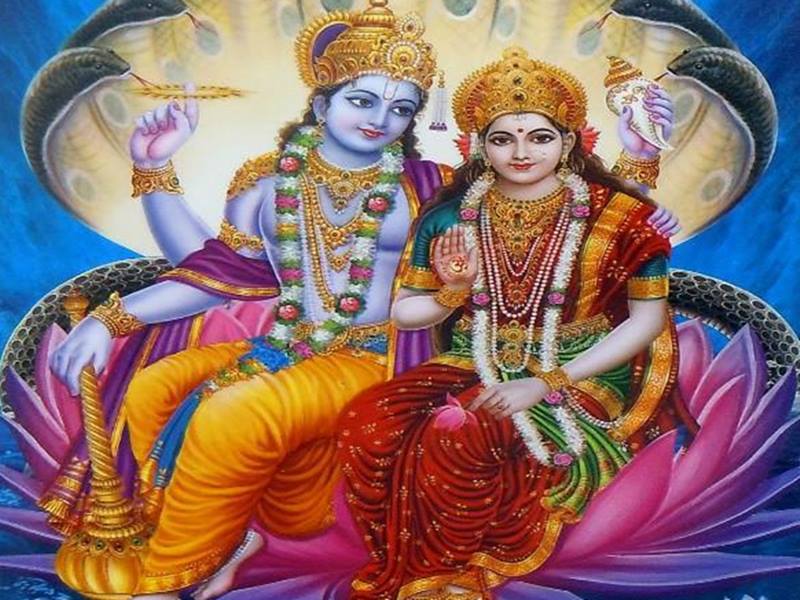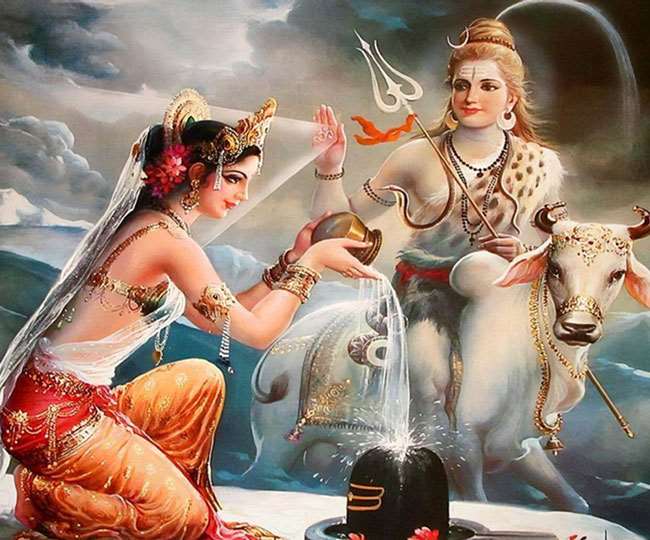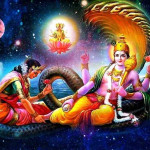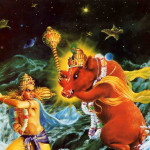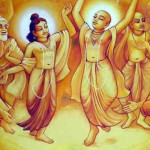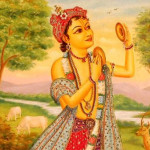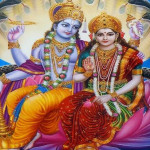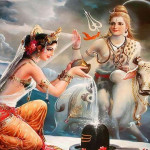Goddess Kali never accepts non-vegetarian food because she is the chaste wife of Lord Shiva.
As stated in Bhagavad-gita (3.21):
yad yad acarati sresthas tad tad evetaro janah
sa yat pramanam kurute lokas tad anuvartate
“Whatever action is performed by a great man, common men follow in his footsteps. And whatever standards he sets by exemplary acts, all the world pursues.”
For his own sense gratification, King Indra thought to defeat Maharaja Prthu in the performance of one hundred horse sacrifices. Consequently he stole the horse and hid himself amid so many irreligious personalities, taking on the false guise of a sannyasi. Such activities are attractive to the people in general; therefore they are dangerous. Lord Brahma thought that instead of allowing Indra to further introduce such irreligious systems, it would be better to stop the sacrifice. A similar stance was taken by Lord Buddha when people were overly engrossed in the animal sacrifices recommended by Vedic instructions. Lord Buddha had to introduce the religion of nonviolence by contradicting the Vedic sacrificial instructions. Actually, in the sacrifices the slaughtered animals were given a new life, but people without such powers were taking advantage of such Vedic rituals and unnecessarily killing poor animals. Therefore Lord Buddha had to deny the authority of the Vedas for the time being. One should not perform sacrifices that will induce reversed orders. It is better to stop such sacrifices.
Due to a lack of qualified brahminical priests in Kali-yuga, it is not possible to perform the ritualistic ceremonies recommended in the Vedas. Consequently the sastras instruct us to perform the sankirtana-yajna. By the sankirtana sacrifice, the Supreme personality of Godhead, in His form of Lord Caitanya, will be satisfied and worshiped. The entire purpose of performing sacrifices is to worship the Supreme Personality of Godhead, Vishnu. Lord Vishnu, or Lord Krishna, is present in His form of Lord Caitanya; therefore people who are intelligent should try to satisfy Him by performing sankirtana-yajna. This is the easiest way to satisfy Lord Vishnu in this age. People should take advantage of the injunctions in different sastras concerning sacrifices in this age and not create unnecessary disturbances during the sinful age of Kali. In Kali-yuga men all over the world are very expert in opening slaughterhouses for killing animals, which they eat. If the old ritualistic ceremonies were observed, people would be encouraged to kill more and more animals. In Calcutta there are many butcher shops which keep a deity of the goddess Kali, and animal-eaters think it proper to purchase animal flesh from such shops in hope that they are eating the remnants of food offered to goddess Kali. They do not know that goddess Kali never accepts non-vegetarian food because she is the chaste wife of Lord Shiva. Lord Shiva is also a great Vaishnava and never eats non-vegetarian food, and the goddess Kali accepts the remnants of food left by Lord Shiva. Therefore there is no possibility of her eating flesh or fish. Such offerings are accepted by the associates of goddess Kali known as bhutas, pisacas and Raksasas, and those who take the prasada of goddess Kali in the shape of flesh or fish are not actually taking the prasada left by goddess Kali, but the food left by the bhutas and pisacas.
Source: A.C. Bhaktivedanta Swami Prabhupada (2014 edition), “Srimad Bhagavatam”, Fourth Canto, Chapter 19 – Text 36



